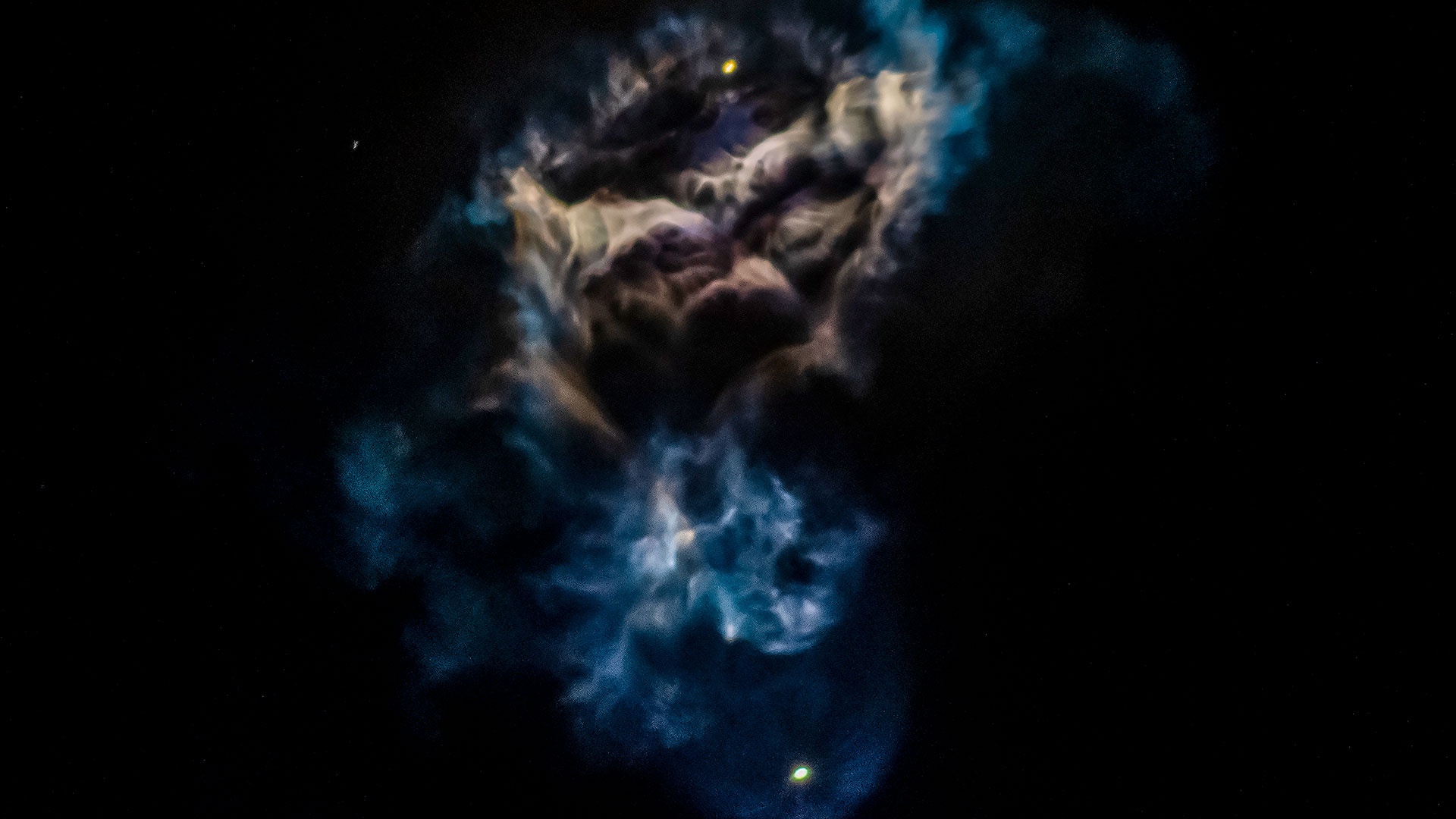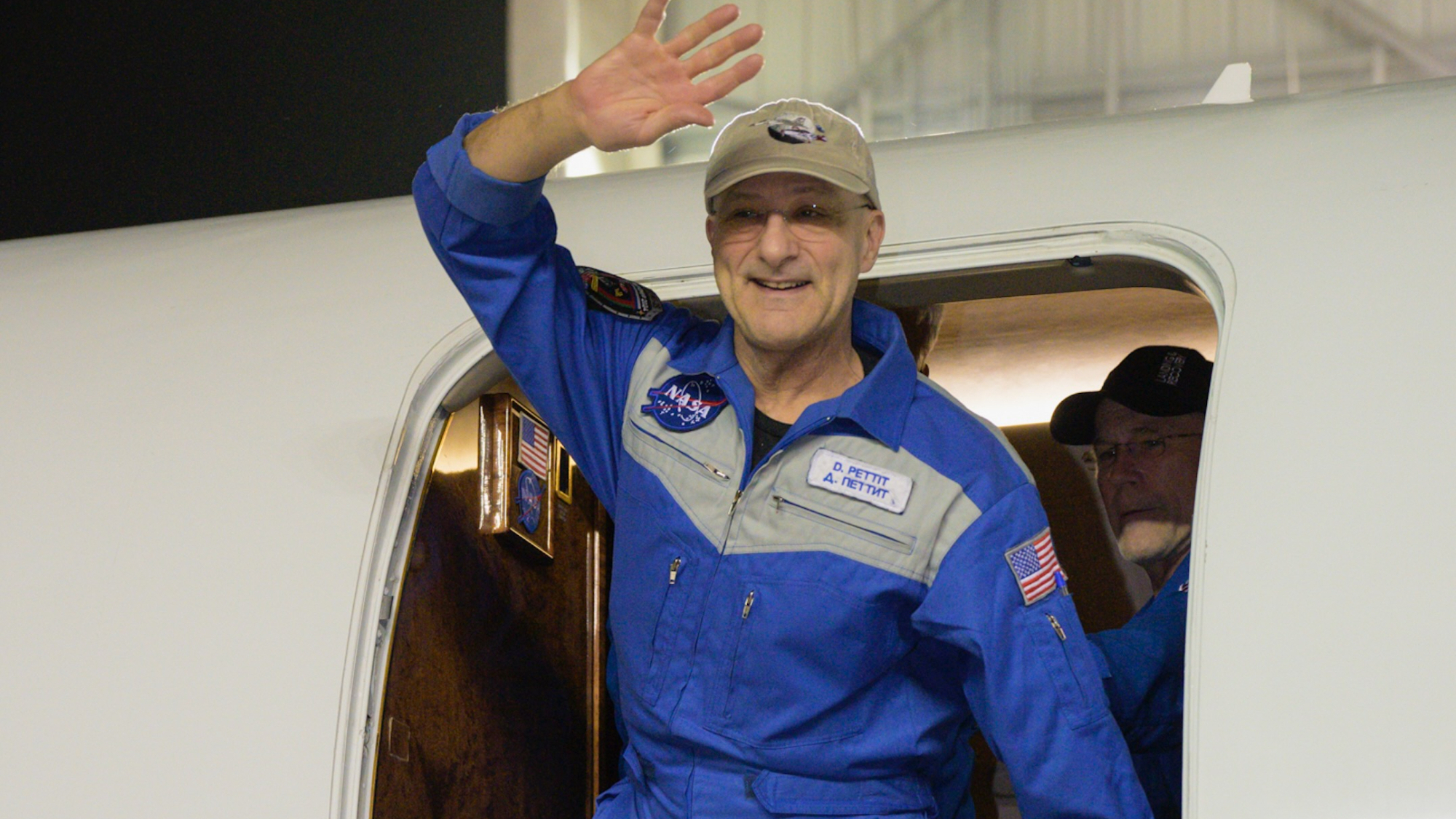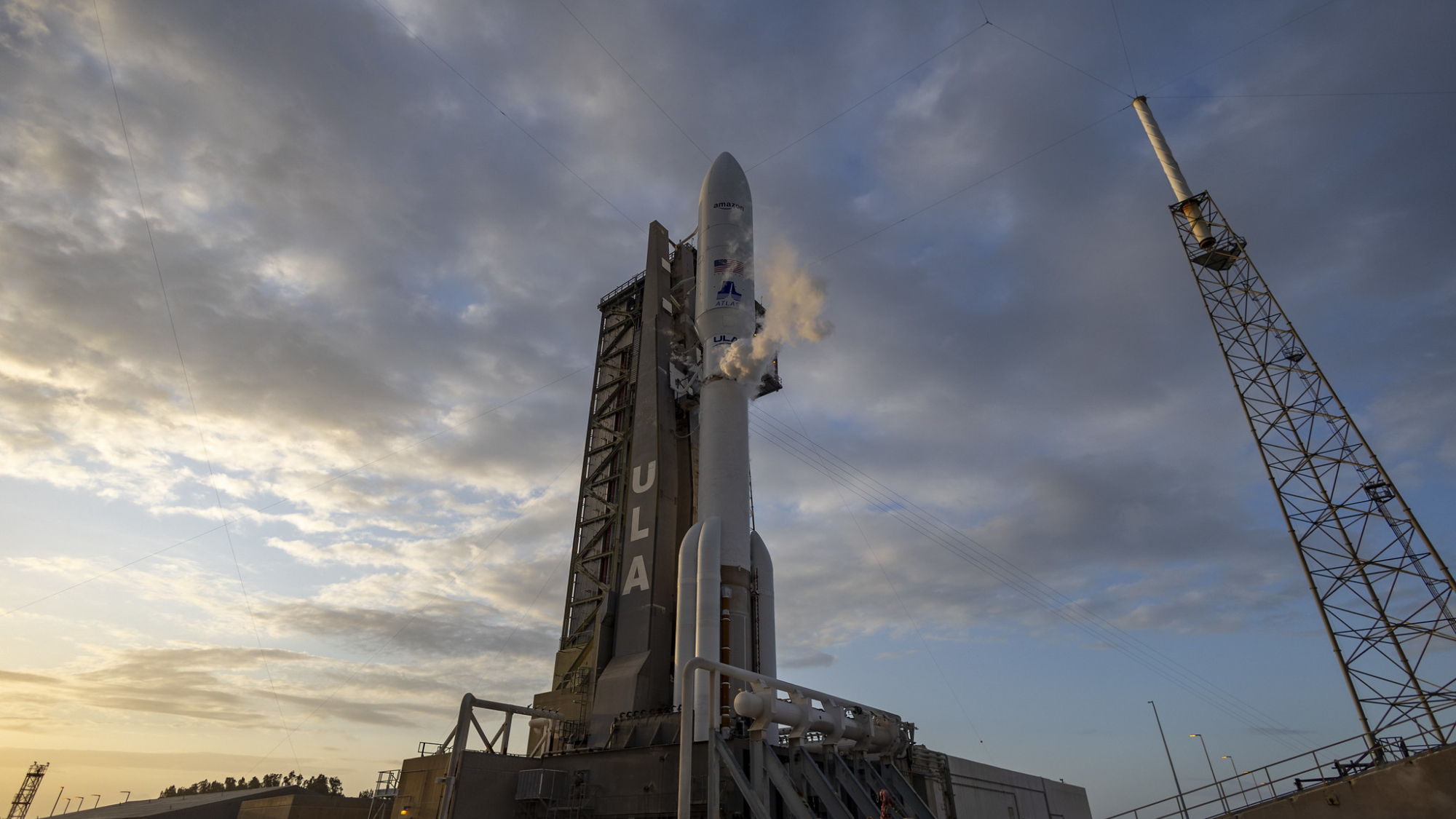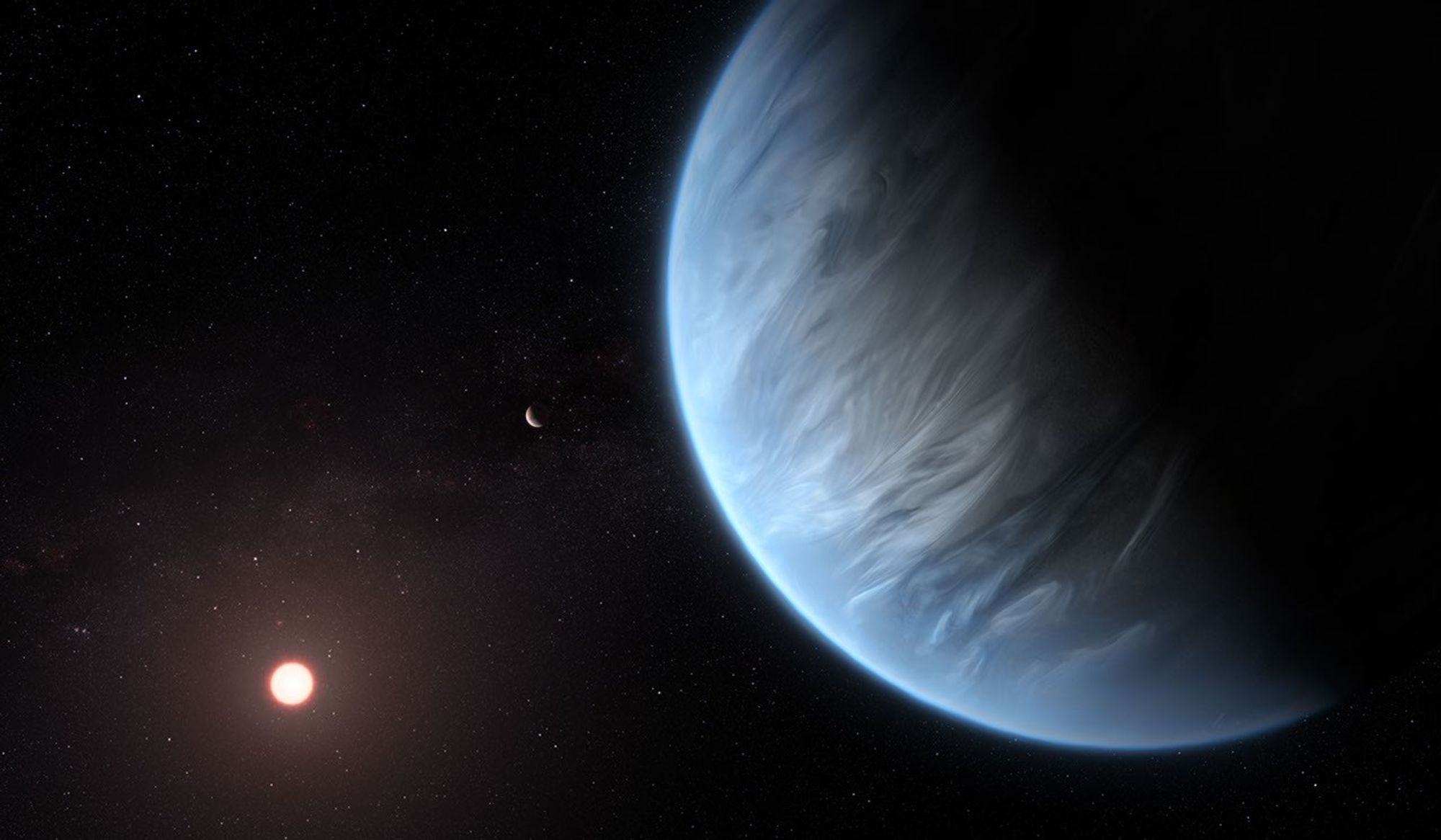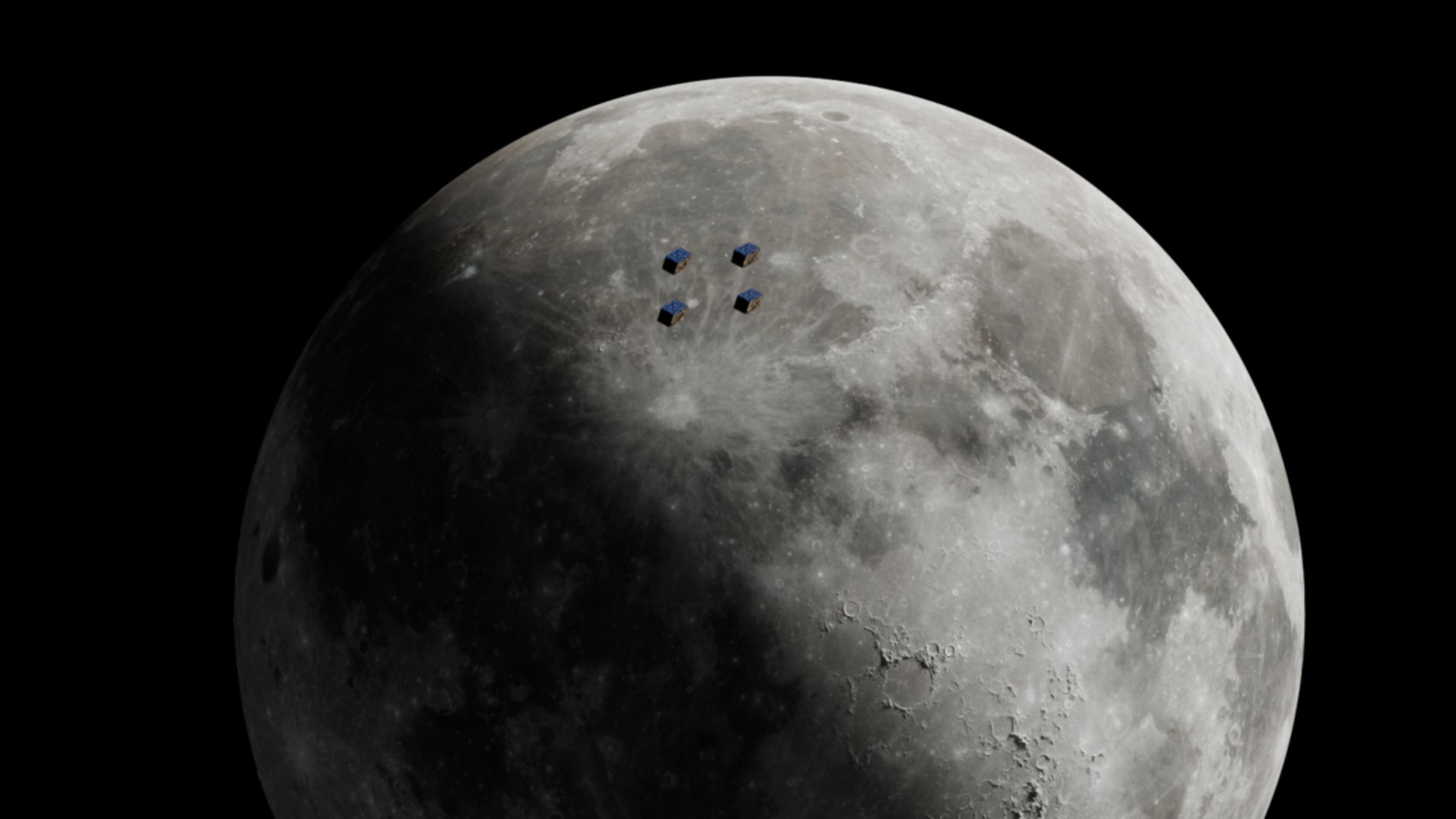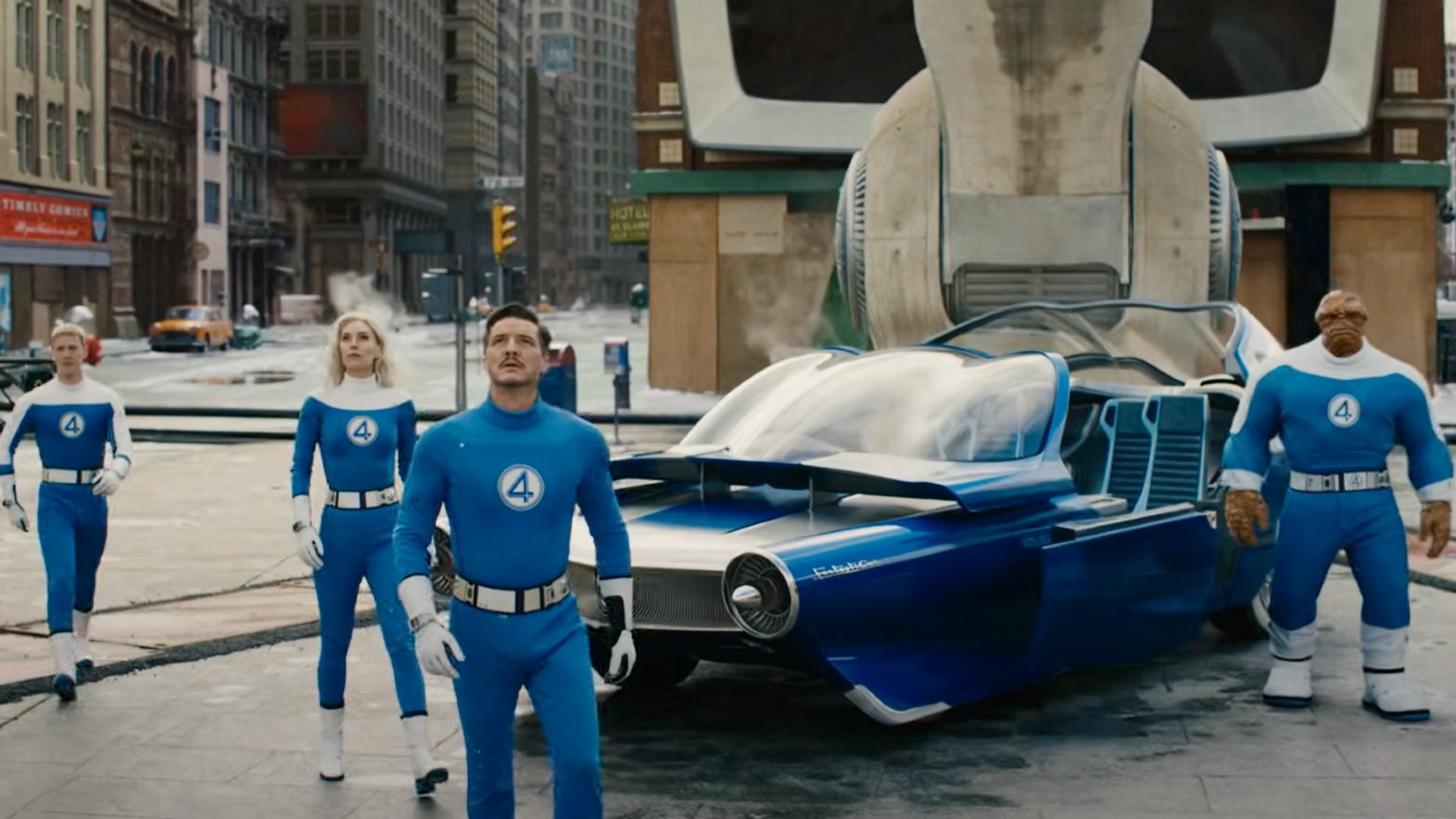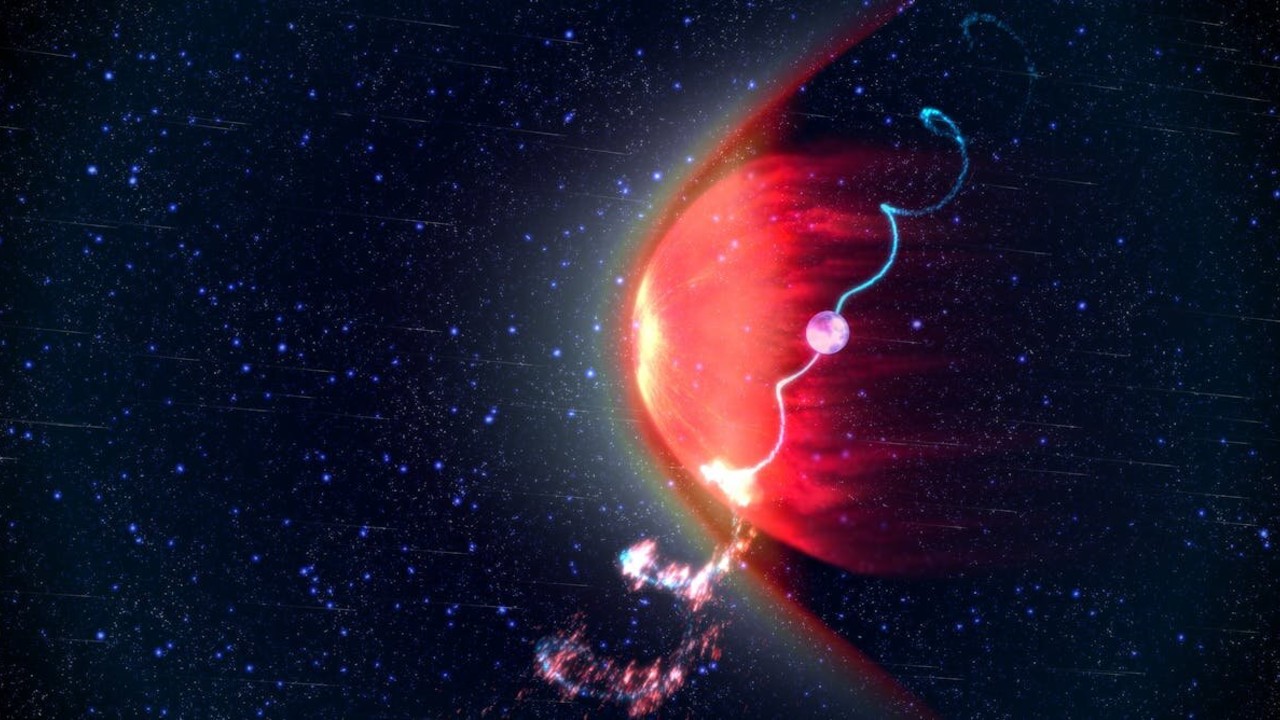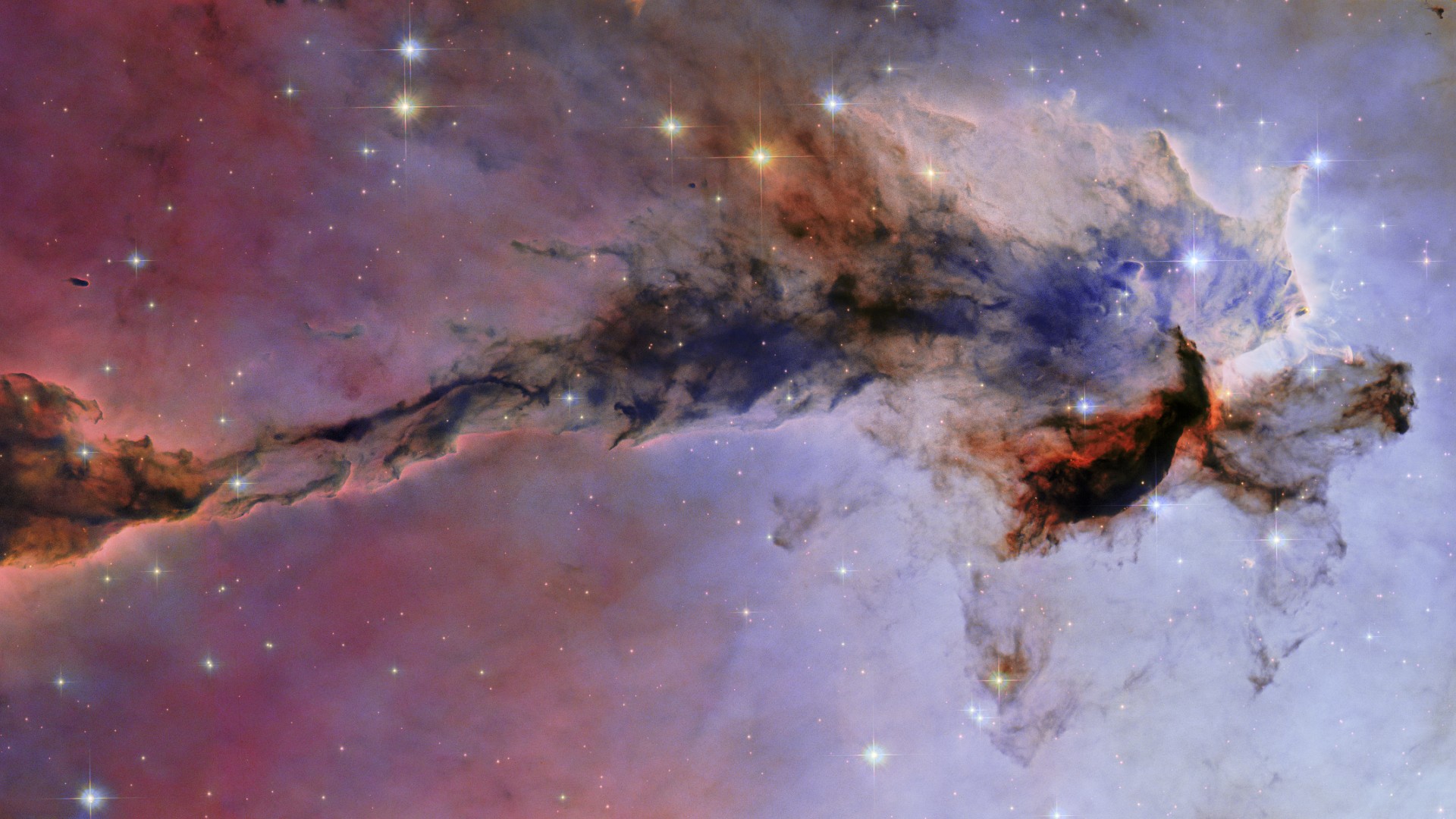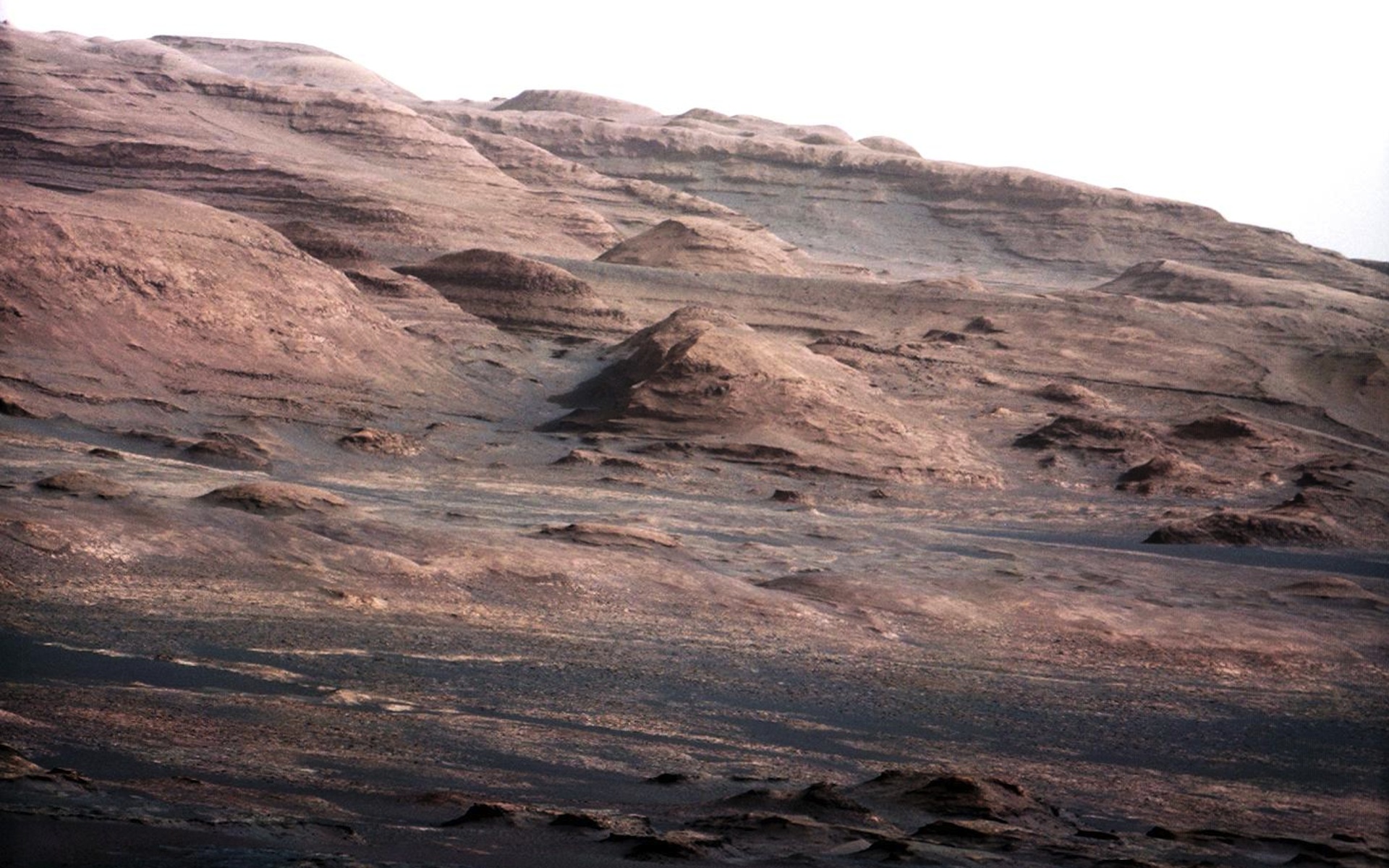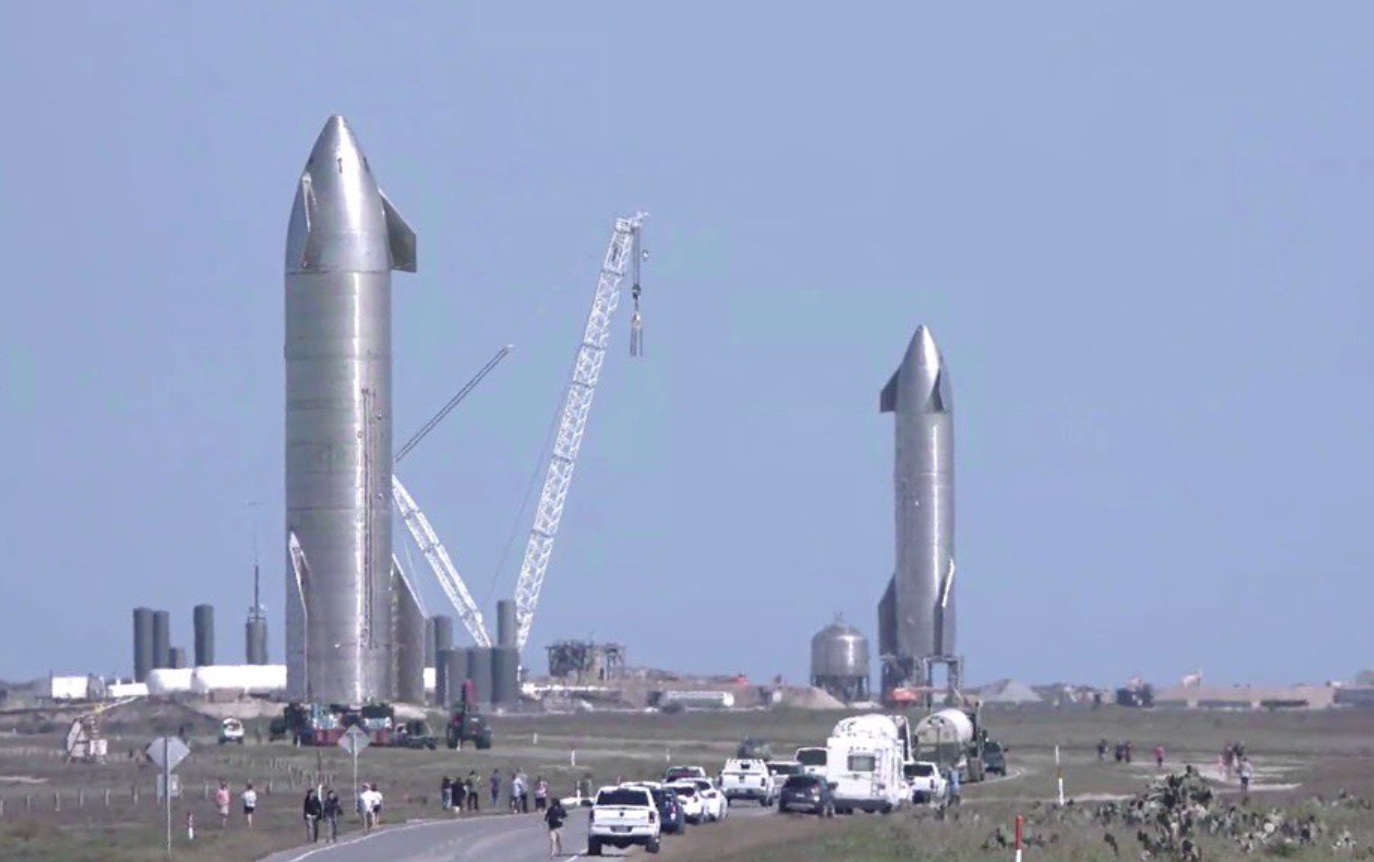
Sacha Baron Cohen can claim some credit for the sleek look of SpaceX's Starship rocket.
The British comedian's 2012 film "The Dictator" served as a Starship design inspiration, SpaceX founder and CEO Elon Musk said on Joe Rogan's podcast Thursday (Feb. 11).
Musk cited the scene in which Cohen's Admiral General Aladeen, the authoritarian ruler of the fictional nation of Wadiya, assesses the missile that his engineers have created. The vehicle has a blunt head, which displeases Aladeen.
Starship and Super Heavy: SpaceX's Mars-colonizing vehicles in images
"It is too round on the top. It needs to be pointy," the dictator tells the head of his nuclear program, Nuclear Nadal (played by Jason Mantzoukas). "Round is not scary. Pointy is scary."
Starship, the 165-foot-tall (50 meters) spacecraft that SpaceX is developing to take people and cargo to Mars and other distant destinations, was also originally supposed to have a relatively blunt head, Musk told Rogan. But the SpaceX chief, consciously channeling his inner Aladeen, told his engineers to make Starship more pointy.
"You literally told them to make the Starship more pointy because of the movie 'The Dictator?'" a chuckling Rogan asked.
Get the Space.com Newsletter
Breaking space news, the latest updates on rocket launches, skywatching events and more!
"Yep. And they know it, too," Musk replied with a laugh. "It's not like they're unaware of it. I thought it would be funny to make it more pointy, so we did."
Rogan then asked if pointiness gives Starship an aerodynamic edge. "It's arguably slightly worse," Musk said, spurring laughter from both men. But, he added, "it looks cooler."
Rogan and Musk covered a lot of ground during the wide-ranging, nearly 3.5-hour interview, which you can listen to via Spotify. (There are also clips of it on the Joe Rogan Experience YouTube channel.) For example, Musk said that SpaceX aims to get a Starship prototype to Earth orbit this year, and he thinks the final, operational vehicle will be flying people regularly by 2023.
SpaceX has already launched high-altitude test flights with two Starship prototypes. The SN8 ("Serial No. 8") and SN9 craft soared roughly 6.2 miles (10 kilometers) into the skies over SpaceX's South Texas site on Dec. 9, 2020 and Feb. 2 of this year, respectively. Both vehicles performed well overall but were unable to stick their landings, exploding in massive fireballs at the touchdown site.
And we should see another such flight soon; SN10 is already on the test stand.
Like its two immediate predecessors, SN10 sports three of SpaceX's next-generation Raptor engines. The final Starship will have six Raptors, making it powerful enough to launch itself off the moon and Mars, Musk has said.
But even the six-engine Starship will need help to get off our much more massive Earth. So SpaceX is also developing a giant first-stage booster known as Super Heavy, which will have about 30 Raptors.
Both Starship and Super Heavy will be rapidly and fully reusable, Musk has said. Shortly after launching Starship to orbit, Super Heavy will come back down to Earth for a vertical, powered touchdown, as the first stages of SpaceX's Falcon 9 and Falcon Heavy rockets already do. And each Starship will make multiple deep-space trips, without needing to come back down to Earth.
Musk has now done Rogan's podcast three times. During his first appearance, in September 2018, the billionaire entrepreneur smoked a little weed. Partaking is legal in California, where Rogan records his interviews, but NASA higher-ups were displeased nonetheless and launched a safety review of SpaceX and Boeing, the two companies that hold NASA contracts to fly astronauts to and from the International Space Station.
Musk did not light up during his second discussion with Rogan, in May of 2020, or during last week's podcast.
Mike Wall is the author of "Out There" (Grand Central Publishing, 2018; illustrated by Karl Tate), a book about the search for alien life. Follow him on Twitter @michaeldwall. Follow us on Twitter @Spacedotcom or Facebook.
Join our Space Forums to keep talking space on the latest missions, night sky and more! And if you have a news tip, correction or comment, let us know at: community@space.com.

Michael Wall is a Senior Space Writer with Space.com and joined the team in 2010. He primarily covers exoplanets, spaceflight and military space, but has been known to dabble in the space art beat. His book about the search for alien life, "Out There," was published on Nov. 13, 2018. Before becoming a science writer, Michael worked as a herpetologist and wildlife biologist. He has a Ph.D. in evolutionary biology from the University of Sydney, Australia, a bachelor's degree from the University of Arizona, and a graduate certificate in science writing from the University of California, Santa Cruz. To find out what his latest project is, you can follow Michael on Twitter.
